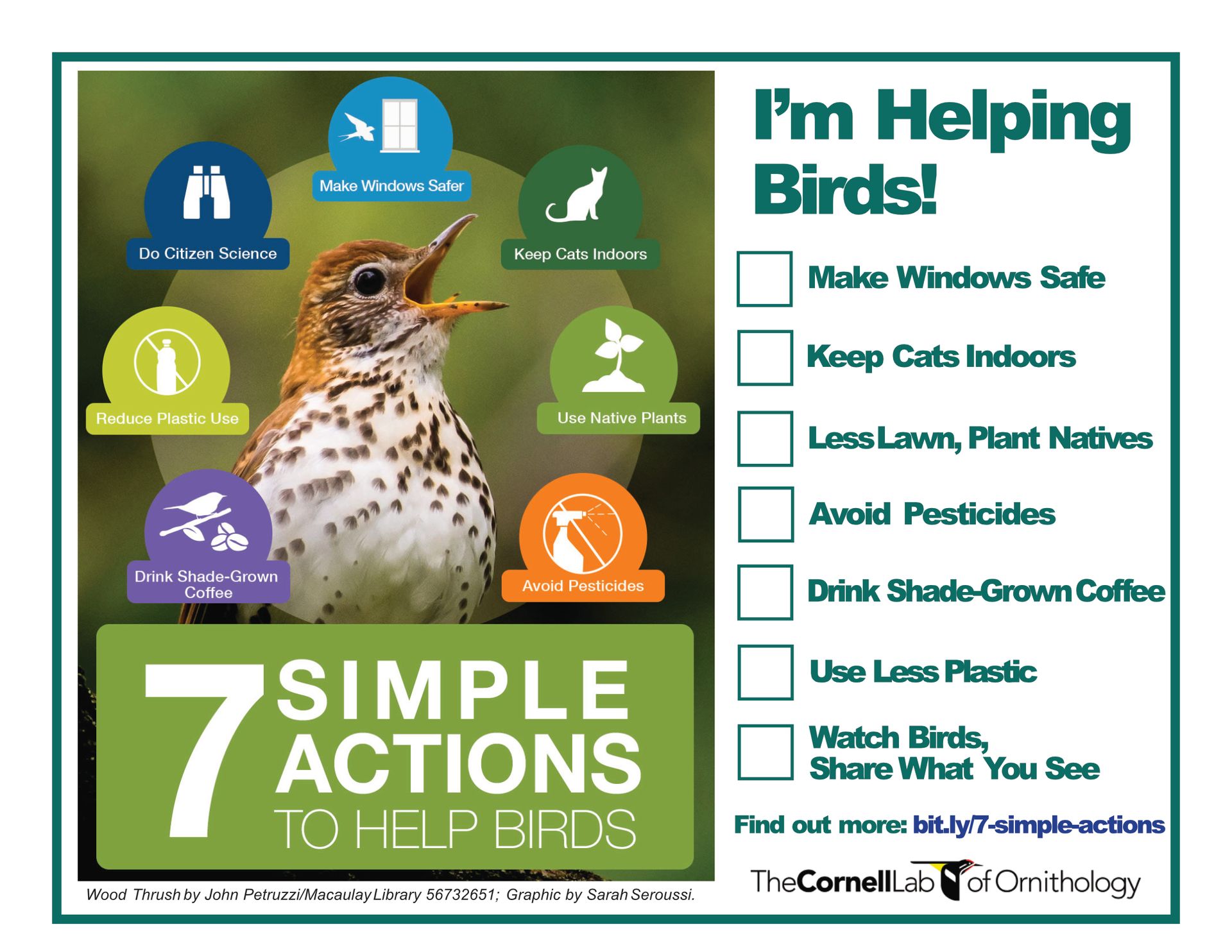Conservation & Research
Making Denver a Bird-Friendly Paradise!
Our vision is to transform Denver into the most
bird-friendly city in the US.
To achieve this, our goals are two-fold. Firstly, to increase stewardship actions in the community, creating bird-friendly projects and properties. Secondly, to generate change in groups, organizations, institutions and agencies by influencing the implementation of bird friendly practices, policies and ordinances.
One way we influence these changes is through our Conservation Committee, which supports Denver-area residents and advocacy groups with advice and guidance, including writing letters, commenting on legislation, and testifying at hearings. The committee discusses current issues in bimonthly committee meetings that are open to the public.
Need help with a conservation issue? Want to attend a conservation committee meeting? Please email Audrey Hicks.
Seven Simple Actions
You Can Take to Help Birds
In 2019, scientists documented North America’s staggering loss of nearly 3 billion breeding birds since 1970. Helping birds can be as simple as making changes to everyday habits. Here’s our quick list of 7 Simple Actions you can take to help birds.
And in case anyone asks you why bird conservation is so important, here are five specific, bedrock reasons why birds matter and an in-depth article on the economic value of birds.
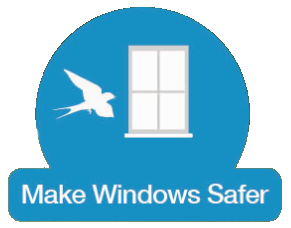
Make Windows Safe
The challenge: Up to 1 billion birds are estimated to die each year after hitting windows in the United States and Canada.
The cause: By day, birds perceive reflections in glass as habitat they can fly into. By night, migratory birds drawn in by city lights are at high risk of colliding with buildings.

Keep Cats Indoors
The challenge: Cats are estimated to kill more than 2.4 billion birds annually in the U.S. and Canada.
The cause: These nonnative predators instinctively hunt and kill birds even when well fed.
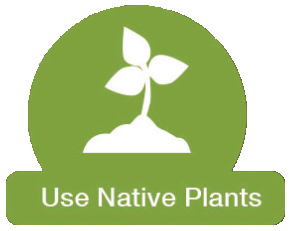
Use Native Plants
The challenge: Birds have fewer places to safely rest during migration and to raise their young: More than 10 million acres of land in the United States were converted to developed land from 1982 to 1997.
The cause: Lawns and pavement don’t offer enough food or shelter for many birds and other wildlife.
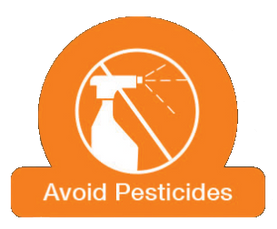
Avoid Pesticides
The challenge: More than 1 billion pounds of pesticides are applied in the United States each year.
The cause: Pesticides that are toxic to birds can harm them directly through contact, or if they eat contaminated seeds or prey.
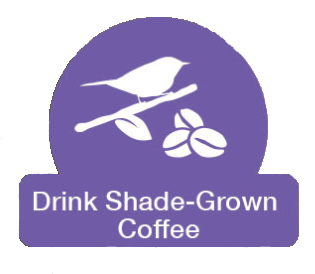
Drink Shade-Grown Coffee
The challenge: Three-quarters of the world’s coffee farms grow their plants in the sun, destroying forests that birds and other wildlife need for food and shelter.
The cause: Too few consumers are aware of the problems of sun coffee.

Reduce Plastic Use
The challenge: It’s estimated that 4,900 million metric tons of plastic have accumulated in landfills and in our environment worldwide.
The cause: Plastic takes more than 400 years to degrade, and 91% of plastics created are not recycled. Studies show that at least 80 seabird species ingest plastic, mistaking it for food.
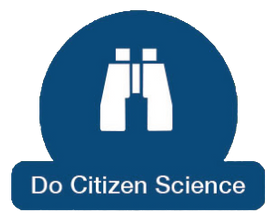
Watch Birds,
Share What You See
The challenge: The world’s most abundant bird, the Passenger Pigeon, went extinct, and people didn’t realize how quickly it was vanishing until it was too late.
The cause: To understand how birds are faring, scientists need hundreds of thousands of people to report what they’re seeing in backyards, neighborhoods, and wild places around the world.
Native Plants for Birds
We are promoting the installation of Colorado native plants in yards, parks, and other private and public properties to increase bird habitat in the Denver metro area.
Native plants provide everything birds need to survive – shelter, food, space. Having a variety of Colorado native plant species ensures you have food for a diversity of bird types – from seed, to insects, to nectar and berries.
Community Science
Our vision is to make Denver the most bird-friendly city in the US. Our Conservation, Stewardship, and Restoration Plan aims to enhance urban habitats in the metro area. We have two goals: increase community stewardship through bird-friendly projects, and influence organizations and agencies to adopt bird-friendly practices and policies.
Lois Webster Fund
Lois’ dream to create the Lois Webster Fund (LWF) was realized in 1995 when friends and family donated on her 75th birthday. Each year, the LWF depends on generous contributions to support research, engage learners, and educate about Colorado's non-game wildlife and conservation threats.
Bird Banding
Bird banding is a national program by the US Geological Survey and the Canadian Wildlife Service aimed at avian research. It involves applying uniquely numbered bands to birds' legs to track their distribution, movements, population, life span, and causes of death. Each spring, Denver Audubon hires a wildlife biologist from Bird Conservancy of the Rockies to band birds at Chatfield State Park, providing a rare chance to experience wild birds up close in Colorado.

